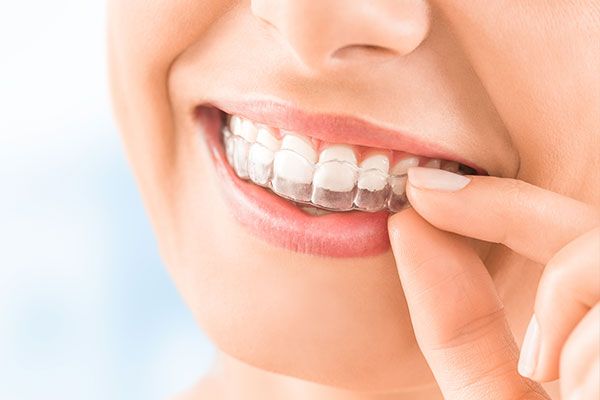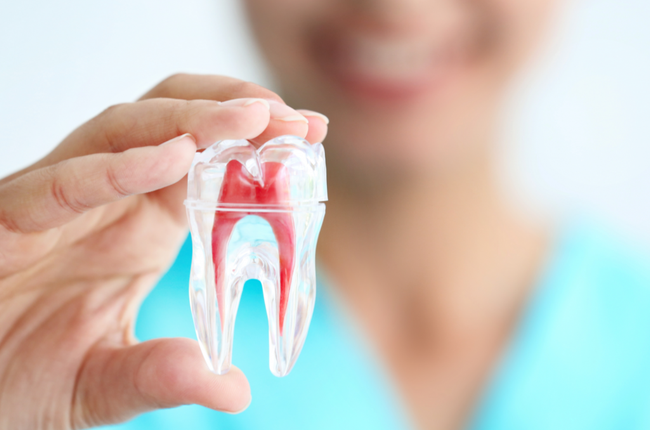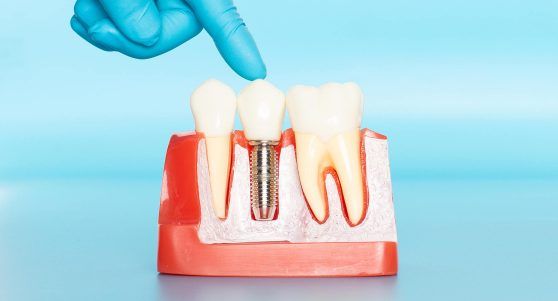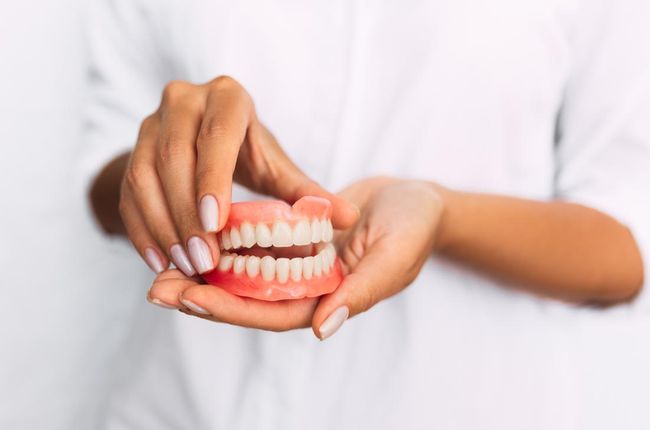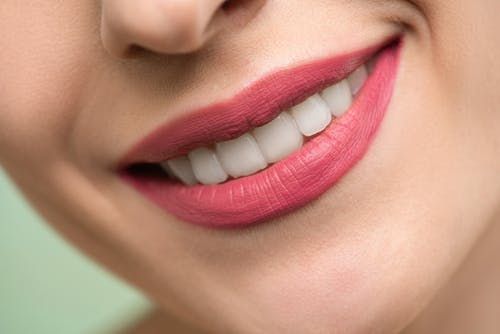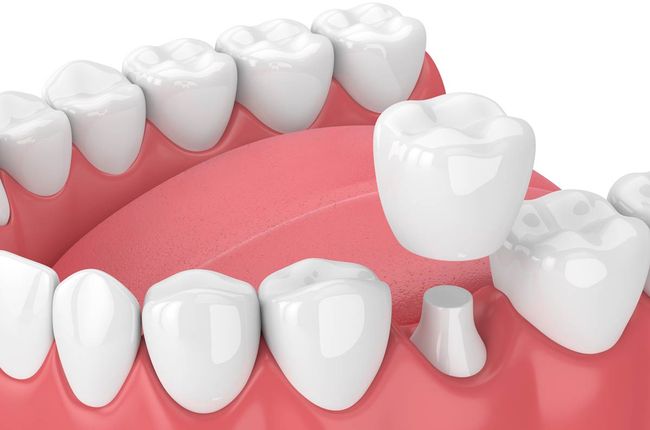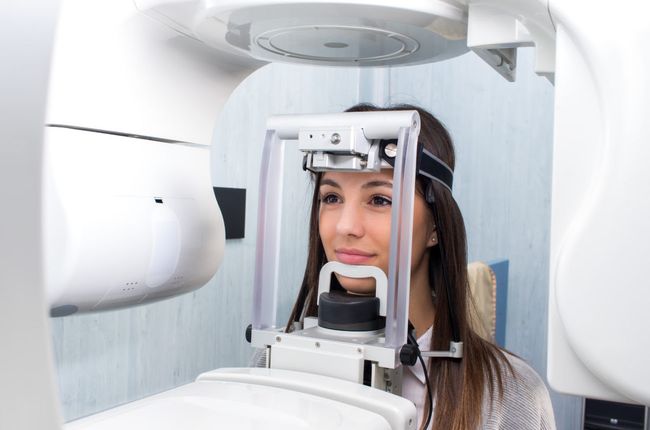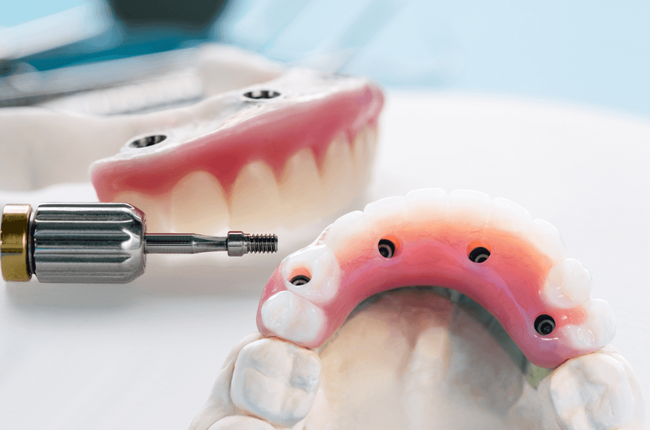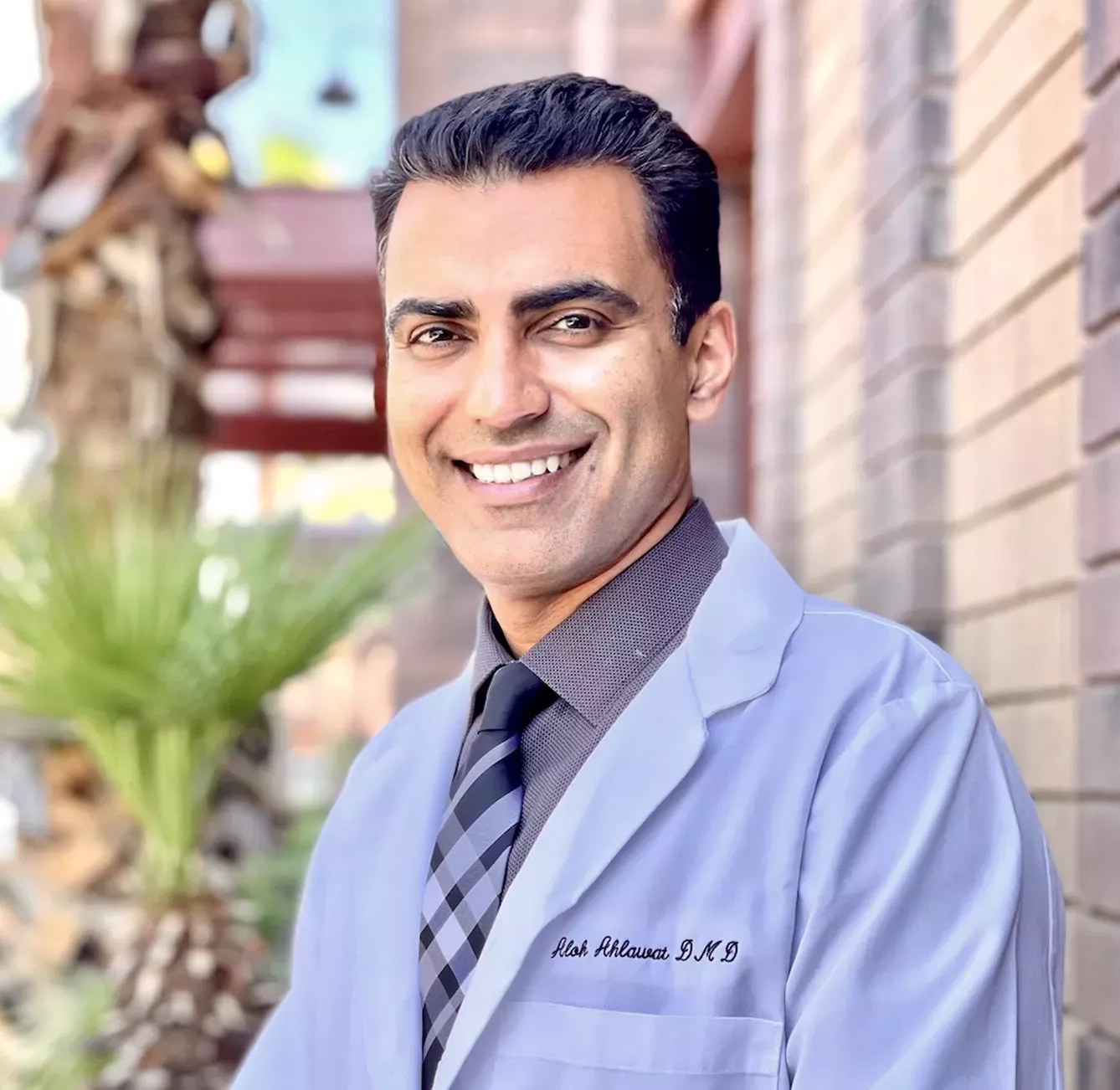Are you curious about the reasons behind tooth extraction? Well, you're in the right place! In this blog post, we will explore the top five common reasons why a tooth might need to be extracted. While the thought of having a tooth pulled may seem daunting, understanding these reasons can help ease any concerns you may have. So let's dive into it and uncover what leads to this dental procedure!
Common Reasons for Tooth Extraction
- Decay or Damage
Severe tooth decay or damage is one of the most common reasons for tooth extraction. When a tooth has extensive decay or is significantly damaged, it may not be salvageable and must be removed.
Tooth decay occurs when plaque builds up on the teeth and produces acids that erode the enamel. If left untreated, this can lead to cavities, which can eventually cause severe damage to the tooth structure.
In some cases, a dental filling or crown may be able to restore a decayed or damaged tooth. However, if the decay or damage is too extensive, extraction may be necessary to prevent further complications such as infection and pain.
It's important to note that regular dental check-ups are crucial in detecting early signs of decay or damage. This allows your dentist to intervene before extraction becomes necessary.
Prevention is key when it comes to maintaining good oral health. Brushing twice a day, flossing daily, and visiting your dentist regularly can help prevent severe decay or damage and reduce the likelihood of needing a tooth extraction.
- Impacted Wisdom Teeth
Impacted wisdom teeth can be a common reason for tooth extraction. These are the third molars that typically emerge in your late teens or early twenties. However, due to a lack of space in the mouth, they may not fully erupt or grow at an angle, causing various problems.
When wisdom teeth become impacted, they can lead to pain and discomfort. They may also push against adjacent teeth, leading to crowding and misalignment. This can disrupt the natural alignment of your smile and affect your bite.
In addition to pain and misalignment, impacted wisdom teeth can also cause infections and cysts. When these issues arise, extraction becomes necessary to alleviate symptoms and prevent further complications.
To determine if you have impacted wisdom teeth, it is essential to visit your dentist regularly for check-ups and X-rays. Your dentist will assess their position and recommend extraction if necessary.
Remember that every case is unique; some individuals may experience no problems with their wisdom teeth, while others may require prompt removal. Be sure to consult with a dental professional who will provide personalized advice based on your specific situation.
- Gum Disease
Gum disease, also known as periodontal disease, is another common reason for tooth extraction. This condition occurs when bacteria and plaque build up along the gum line, leading to inflammation and infection of the gums.
In its early stages, gum disease may cause symptoms such as redness, swelling, and bleeding of the gums. However, if left untreated, it can progress to more severe forms that can damage the surrounding tissues and bone supporting the teeth.
One of the main reasons why tooth extraction becomes necessary in cases of advanced gum disease is because the infection has spread deep into the roots of a tooth. When this happens, it can weaken not only that specific tooth but also compromise neighboring teeth.
Moreover, severe gum disease can lead to loosening or shifting of teeth due to bone loss. In situations where these teeth cannot be saved or restored through other dental procedures like root canal therapy or periodontal treatment options such as scaling and root planing (deep cleaning), extraction may be recommended by a dentist or oral surgeon.
- Orthodontic Treatment
Orthodontic treatment is another common reason for tooth extraction. Many individuals undergo orthodontic treatment, such as braces or aligners, to correct misaligned teeth and improve their smile. In some cases, tooth extraction may be necessary to create enough space in the mouth for proper alignment.
During orthodontic treatment, it is important to ensure that all teeth have enough room to shift into their desired positions. If there is severe crowding or an overcrowded jaw, extracting one or more teeth may be necessary. This allows the remaining teeth to move into place without causing further complications.
While tooth extraction may seem daunting, it is often a necessary step in achieving a straighter and healthier smile through orthodontic treatment. Your orthodontist will carefully evaluate your case and determine if any extractions are needed before starting your treatment plan.
It's crucial to remember that every individual's orthodontic needs are unique. Some individuals may require multiple extractions, while others may not need any at all. Your orthodontist will work closely with you to develop a personalized treatment plan that addresses your specific concerns and goals.
- Overcrowding or Misalignment
One common reason for tooth extraction is overcrowding or misalignment of the teeth. When there isn't enough space in the mouth for all the teeth to properly align, it can lead to various dental problems.
Overcrowding occurs when there simply isn't enough room in the jaw for all the teeth to fit comfortably. This can result in crooked or overlapping teeth, making it difficult to clean them effectively and increasing the risk of tooth decay and gum disease.
Misalignment refers to a problem with how your upper and lower teeth come together when you bite down. This can cause issues with chewing, speaking, and even breathing properly.
In some cases, orthodontic treatment such as braces may be able to correct overcrowding or misalignment without extracting any teeth. However, if these issues are severe and other treatments aren't possible or effective, tooth extraction may be necessary.
It's important to consult with a dentist or orthodontist if you suspect that overcrowding or misalignment is affecting your oral health. They will be able to evaluate your situation and recommend appropriate treatment options based on your specific needs.
Conclusion
Tooth extraction is a common dental procedure that may be necessary for various reasons. Whether it's due to severe decay, impacted wisdom teeth, gum disease, orthodontic treatment, or overcrowding/misalignment, extracting a tooth can help improve oral health and prevent further complications.
However, it's important to remember that tooth extraction should always be the last resort. Maintaining good oral hygiene practices and regular dental check-ups can significantly reduce the need for extractions.
If you are experiencing any of the mentioned issues in this article or have concerns about your oral health, consult with your dentist Mesa, AZ, who will provide professional advice and guidance tailored specifically to your situation.
Remember, prevention is key! By taking care of our teeth and addressing any dental problems promptly, we can strive towards a healthy smile that lasts a lifetime. So don't wait – schedule your next dental appointment today!
Office Hours
MON - THU8:00 am - 5:00 pm
FRI9:00 am - 1:00 pm
SAT - SUNClosed
